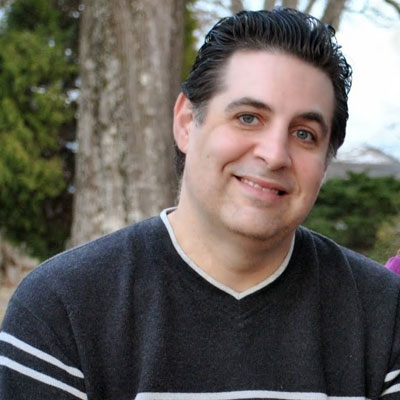When our family joined your ranks as foster parents we didn’t know we were bringing children into our family who had special needs. We knew only that they were a brother and sister who had suffered considerable loss and that there were some behavioral issues that resulted in their being moved around. Our family was chosen for the kids on Wednesday, they learned of the impending move on Thursday, and they were in our home on Friday.
Taken by Surprise
In the days, weeks, and months that followed we began to experience significant behavioral challenges with the children.
We’d raised four biological children who were pretty well adjusted, and we thought we were “good enough parents” who had something to offer children who were hurting.
So we were surprised when we couldn’t get these children to listen or follow directions. As things in our home became more and more chaotic, my wife and I became desperate for answers and for help. We reached out to social workers, read books, went to support groups, and attended conferences.
Understanding “Stuck”
We began to learn that children like ours who’ve endured emotional trauma are in many ways “stuck.” They’re stuck with anxious feelings that result from adrenaline, cortisol, and other fear-related chemicals coursing through their bodies. Stuck with negative thoughts and beliefs about themselves, adults, and the world around them. Stuck with painful memories of their hurts and losses always close at hand. Stuck emotionally at well below their chronological age (Purvis, Cross, & Sunshine, 2007).
What Our Kids Need
As a result of all this, our kids have special needs. They need their parents to help them feel safe; over time this will help reduce their body’s fear responses. They need us to show them that they are valued and loved; over time this will help them to change their belief that they are worthless. They need us to demonstrate that there are safe adults; over time they will learn to trust others. They need us to listen without judgement to their stories of their past and their feelings about those stories; over time this will help them process their past and come to terms with it. They need us to understand and respond to them as if they are emotionally half their age; over time this will help them grow and move through developmental stages they skipped in order to survive.
Not for the Faint of Heart
Parenting children who’ve experienced trauma is not for the faint of heart or for those not fully committed to seeing it through. You may be inclined to take my words at face value, but I encourage you to pause and consider.
Think about what it might mean to parent a child who doesn’t believe in their core that they are loveable or that they need you to lead them; a child who doesn’t trust you and truly believes that they–not you–know what’s best. Imagine how you might feel as you search for the right response when you find that your favorite [insert object here] is intentionally broken or stolen. Or the exasperation you might feel at the end of a long day when your precious one refuses to go to bed until they are good and ready.
In these situations you may find out a lot about yourself that you either didn’t know or had previously avoided. You may be pushed beyond what you think you can bear, only to find that you’re stronger than you thought. You may be confronted, as I was, with the reality that “authoritative parenting” (I didn’t even know it had a name) will not work with these children. Or you may find that your feelings of success and failure as a parent have been rooted in how well your children behave. Perhaps you have an insatiable need to be in control. No matter what your particular challenges may be, you’ll likely find that you, too, have some “special needs.”
And though it might not feel like it, this is good news. Why? Because it’s an opportunity to identify with your child in a real way. By experiencing how difficult it can be to overcome a deeply ingrained belief, I’m able to put my money where my mouth is and (try) to live the very advice I give to him.
No, inviting someone who’s been traumatized into your family is not for the faint hearted, but it is worth it. The benefits may take time to realize…a long time. And I’d be less than truthful if I didn’t say that there are some pretty hard days, days where I fear I’m just making things worse.
A Journey of Hope
But there are great days, too. Days like today, when my attachment-challenged child prayed for someone she knows who’s hurting. It’s these days that make the other days easier to bear, because it’s from these days that hope is born.
And hope is one of the main reasons we set ourselves on this journey in the first place.
Bob DeMarco is an adoptive parent in North Carolina.


